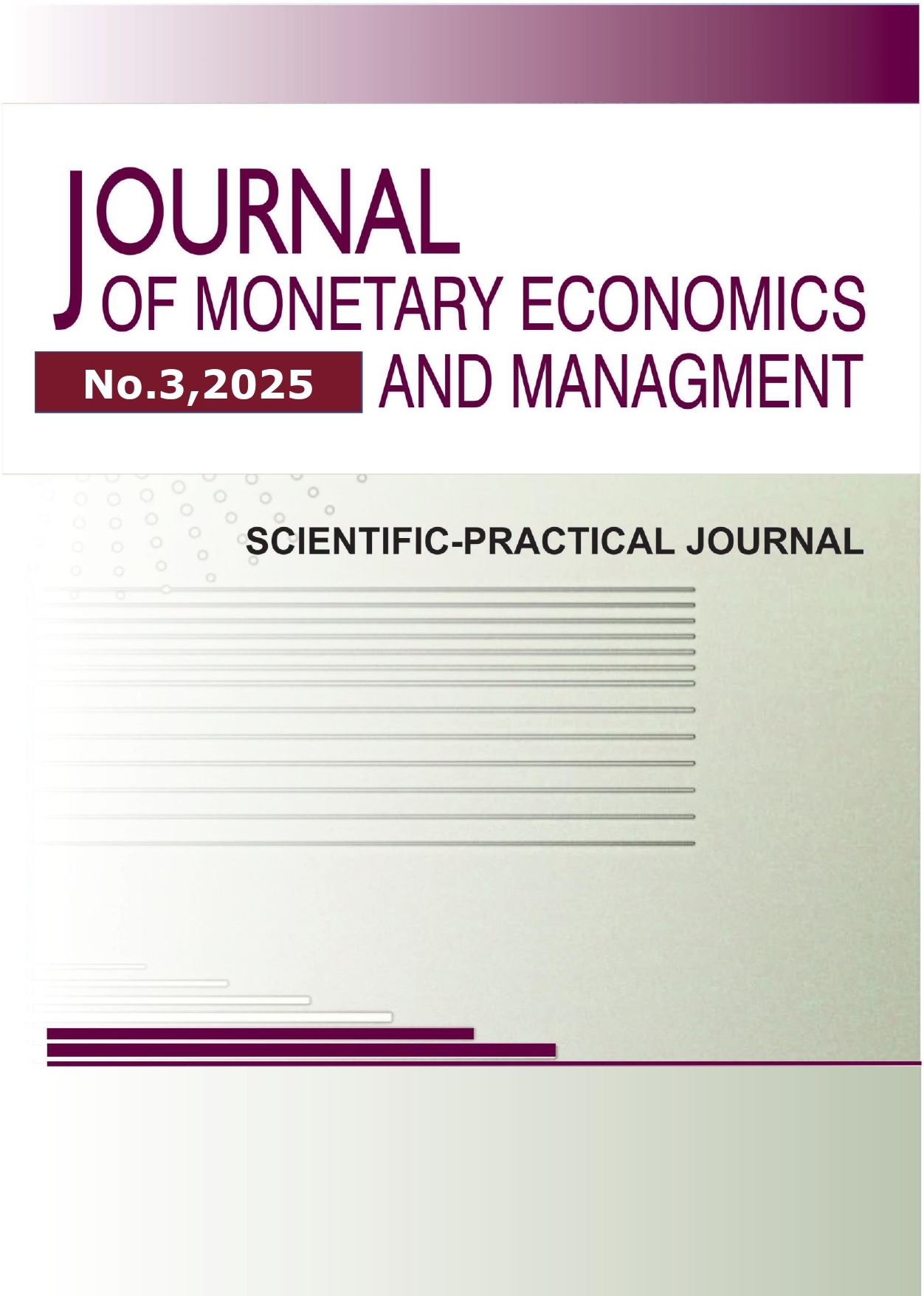student
This work is dedicated to the study of modern wage payment systems used in the Russian Federation and their role in ensuring the financial security of the population. The characteristics of existing wage payment systems used in Russia have been analyzed. The main principles of wage payment, including fixed and variable wages, bonuses, allowances, and social benefits, have been considered. A statistical analysis and visualization of data on wages have been conducted, revealing changes in the average monthly nominal wage. Factors influencing the level of wage payment and differences in approaches to payment in different sectors of the economy have been studied. The role of trade unions in wage payment systems used in Russia has been analyzed. The influence of trade unions on wage formation, the protection of workers' rights, and the provision of social protection has been identified. In conclusion, the importance of modern wage payment systems for ensuring the financial security of the population is noted. New approaches to wage payment aimed at increasing wages and social protection for workers are discussed.
modern labor payment systems, financial security of the population, wage, social protection, pension provision
1. Konstituciya Rossiyskoy Federacii (prinyata vsenarodnym golosovaniem 12.12.1993g. s izmeneniyami, odobrennymi v hode obscherossiyskogo golosovaniya 01.07.2020) // Oficial'nyy internet—portal pravovoy informacii [Elektronnyy resurs]. URL: http://pravo.gov.ru (data obrascheniya: 12.03.2025).
2. Trudovoy kodeks Rossiyskoy Federacii ot 30.12.2001 N 197–FZ (red. ot 31.07.2020) (s izm. i dop., vstup. v silu s 13.08.2020).
3. Vseobschaya deklaraciya prav cheloveka (prinyata General'noy Assambleey OON 10.12.1948).
4. Federal'nyy zakon "O zanyatosti naseleniya v Rossiyskoy Federacii" ot 12.12.2023 N 565-FZ (poslednyaya redakciya) // Konsul'tantPlyus URL: https://www.consultant.ru/document/cons_doc_LAW_464093/ (data obrascheniya: 12.03.2025).
5. Federal'nyy zakon «O minimal'nom razmere oplaty truda» ot 19.06.2000 N 82–FZ (poslednyaya redakciya) // SPS «Konsul'tantPlyus».
6. Agarycheva A.V., Starokozheva V.P. Minimal'nyy razmer oplaty truda v sisteme ekonomicheskih pokazateley Rossii // Ekonomika truda. – 2024. – Tom 11. – № 4. – S. 487-504. – doi:https://doi.org/10.18334/et.11.4.120865.
7. Osokin A.V. Rol' profsoyuzov v uregulirovanii trudovyh sporov s uchastiem rabotnikov i rabotodateley // Ekonomika truda. – 2024. – Tom 11. – № 4. – S. 549-562. – doi:https://doi.org/10.18334/et.11.4.120884.
8. Ryazanceva M.V. Tendencii v oblasti gibkoy zanyatosti // Ekonomika truda. – 2024. – Tom 11. – № 5. – doi:https://doi.org/10.18334/et.11.5.120979.
9. Sobolev Eduard. Krizis profsoyuzov i transformacionnye izmeneniya v sfere truda // Obschestvo i ekonomika. - 2023. - №9. - S. 18-31.
10. Skripnik, O. B. Pravovye osnovy integracii cifrovyh tehnologiy v sferu antikrizisnogo upravleniya / O. B. Skripnik // Zhurnal rossiyskogo prava. – 2024. – T. 28, № 10. – S. 118-129. – doi:https://doi.org/10.61205/S160565900029950-9. – EDN JJMCEC.
11. Federaciya nezavisimyh profsoyuzov Rossii // oficial'nyy sayt URL: https://fnpr.ru/ (data obrascheniya: 12.03.2025).









